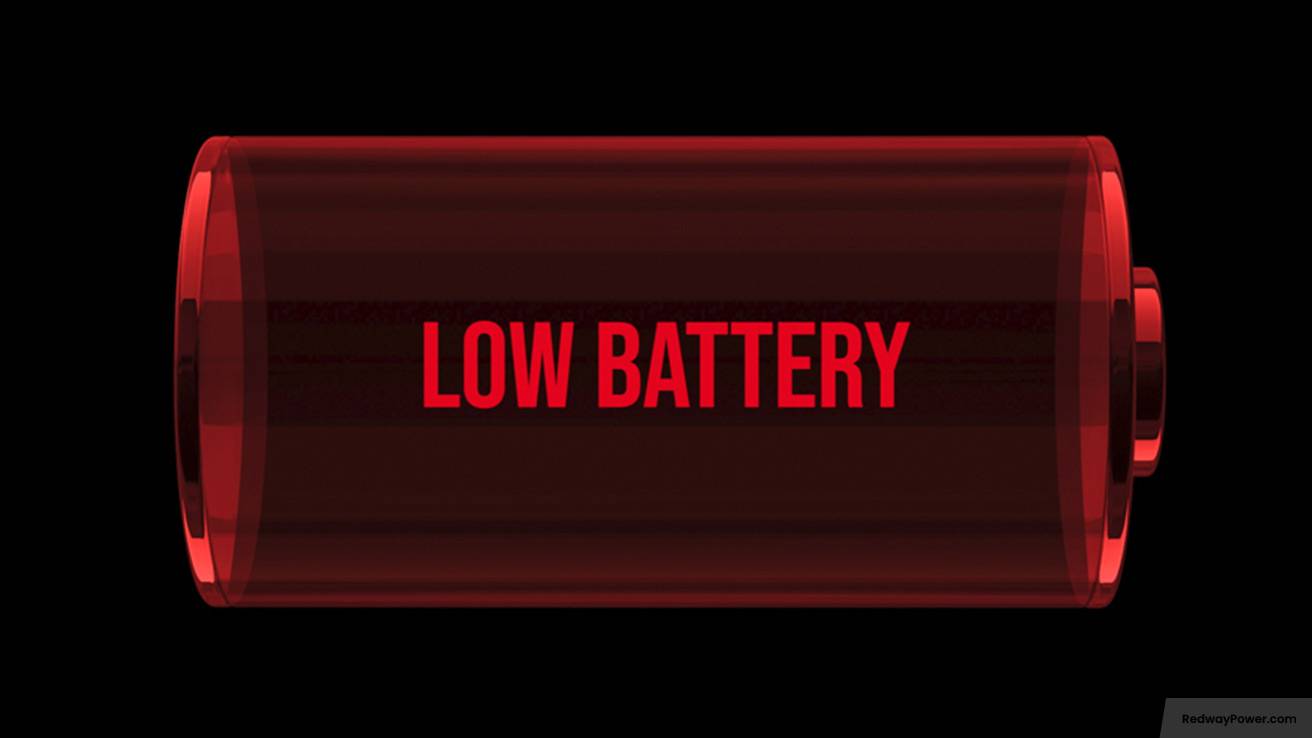- Forklift Lithium Battery
-
48V
- 48V 210Ah
- 48V 300Ah
- 48V 420Ah (949 x 349 x 569 mm)
- 48V 420Ah (950 x 421 x 450 mm)
- 48V 456Ah
- 48V 460Ah (830 x 630 x 590 mm)
- 48V 460Ah (950 x 421 x 450 mm)
- 48V 460Ah (800 x 630 x 600 mm)
- 48V 460Ah (820 x 660 x 470 mm)
- 48V 500Ah
- 48V 560Ah (810 x 630 x 600 mm)
- 48V 560Ah (950 x 592 x 450 mm)
- 48V 600Ah
- 48V 630Ah
-
48V
- Lithium Golf Cart Battery
- 12V Lithium Battery
12V 150Ah Lithium RV Battery
Bluetooth App | BCI Group 31
LiFePO4 Lithium
Discharge Temperature -20°C ~ 65°C
Fast Charger 14.6V 50A
Solar MPPT Charging - 24V Lithium Battery
- 36V Lithium Battery
- 48V Lithium Battery
-
48V LiFePO4 Battery
- 48V 50Ah
- 48V 50Ah (for Golf Carts)
- 48V 60Ah (8D)
- 48V 100Ah (8D)
- 48V 100Ah
- 48V 100Ah (Discharge 100A for Golf Carts)
- 48V 100Ah (Discharge 150A for Golf Carts)
- 48V 100Ah (Discharge 200A for Golf Carts)
- 48V 150Ah (for Golf Carts)
- 48V 160Ah (Discharge 100A for Golf Carts)
- 48V 160Ah (Discharge 160A for Golf Carts)
-
48V LiFePO4 Battery
- 60V Lithium Battery
-
60V LiFePO4 Battery
- 60V 20Ah
- 60V 30Ah
- 60V 50Ah
- 60V 50Ah (Small Size / Side Terminal)
- 60V 100Ah (for Electric Motocycle, Electric Scooter, LSV, AGV)
- 60V 100Ah (for Forklift, AGV, Electric Scooter, Sweeper)
- 60V 150Ah (E-Motocycle / E-Scooter / E-Tricycle / Tour LSV)
- 60V 200Ah (for Forklift, AGV, Electric Scooter, Sweeper)
-
60V LiFePO4 Battery
- 72V~96V Lithium Battery
- Rack-mounted Lithium Battery
- E-Bike Battery
- All-in-One Home-ESS
- Wall-mount Battery ESS
-
Home-ESS Lithium Battery PowerWall
- 24V 100Ah 2.4kWh PW24100-S PowerWall
- 48V 50Ah 2.4kWh PW4850-S PowerWall
- 48V 50Ah 2.56kWh PW5150-S PowerWall
- 48V 100Ah 5.12kWh PW51100-F PowerWall (IP65)
- 48V 100Ah 5.12kWh PW51100-S PowerWall
- 48V 100Ah 5.12kWh PW51100-H PowerWall
- 48V 200Ah 10kWh PW51200-H PowerWall
- 48V 300Ah 15kWh PW51300-H PowerWall
PowerWall 51.2V 100Ah LiFePO4 Lithium Battery
Highly popular in Asia and Eastern Europe.
CE Certification | Home-ESS -
Home-ESS Lithium Battery PowerWall
- Portable Power Stations
Why Do Lithium Batteries Die and What Affects Their Lifespan?

Lithium batteries are widely used in various applications due to their high energy density and longevity. However, they can fail prematurely due to several factors, including temperature extremes, improper charging habits, and usage patterns. Understanding these factors can help users maximize their battery life and performance.
Why do lithium batteries die?
Lithium batteries can die or lose capacity for several reasons:
- Chemical Degradation: Over time, the chemical reactions within the battery can lead to degradation of the materials, reducing capacity.
- Overcharging: Excessive voltage can cause overheating and damage the internal structure of the battery.
- Deep Discharges: Regularly discharging a lithium battery to very low levels can significantly shorten its lifespan.
- Temperature Extremes: Exposure to high or low temperatures can adversely affect battery performance and longevity.
| Cause | Description |
|---|---|
| Chemical Degradation | Internal reactions lead to capacity loss |
| Overcharging | Excess voltage damages internal structure |
| Deep Discharges | Regular low discharges shorten lifespan |
| Temperature Extremes | High/low temperatures negatively impact performance |
What factors influence the lifespan of lithium batteries?
Several key factors influence how long a lithium battery lasts:
- Temperature: Optimal operating temperatures are crucial; extreme heat accelerates degradation while extreme cold can reduce performance.
- Charging Habits: Proper charging practices, including avoiding overcharging and using appropriate chargers, are vital for maintaining health.
- Depth of Discharge (DoD): Maintaining a shallow discharge cycle can extend battery life significantly.
- Battery Quality: The materials and manufacturing processes used in producing the battery affect its overall longevity.
| Factor | Impact on Lifespan |
|---|---|
| Temperature | Extreme conditions reduce performance |
| Charging Habits | Proper practices prolong lifespan |
| Depth of Discharge | Shallow cycles enhance longevity |
| Battery Quality | High-quality materials resist degradation |
How does temperature affect lithium battery performance?
Temperature plays a critical role in determining the performance and lifespan of lithium batteries:
- High Temperatures: Excessive heat can accelerate chemical reactions inside the battery, leading to faster degradation and potential thermal runaway.
- Low Temperatures: Cold conditions can slow down chemical reactions, resulting in reduced capacity and efficiency.
- Optimal Range: The ideal operating temperature range is typically between 20°C (68°F) and 25°C (77°F).
| Temperature Condition | Effect on Performance |
|---|---|
| High Temperatures | Accelerates degradation |
| Low Temperatures | Reduces capacity and efficiency |
| Optimal Range | Maintains best performance |
What role do charging habits play in battery longevity?
Charging habits significantly impact the lifespan of lithium batteries:
- Avoiding Overcharging: Using chargers specifically designed for lithium technology prevents overvoltage conditions that can damage cells.
- Charging Speed: Fast charging may be convenient but can stress the battery; slower charging is generally better for longevity.
- Regular Charging: Keeping the battery topped up rather than allowing it to fully discharge helps maintain health.
| Charging Habit | Impact on Lifespan |
|---|---|
| Avoiding Overcharging | Prevents damage from excessive voltage |
| Charging Speed | Slower charging enhances longevity |
| Regular Charging | Topping up helps maintain health |
How does depth of discharge impact lithium battery lifespan?
The depth of discharge (DoD) refers to how much energy is used from a battery before recharging:
- Shallow Discharges: Keeping discharges shallow (e.g., between 20% and 80% capacity) significantly extends battery life.
- Deep Discharges: Frequently discharging below 20% can lead to quicker degradation and reduced cycle life.
- Cycle Life Impact: The fewer cycles a battery undergoes at deeper discharges, the longer it will last overall.
| Depth of Discharge | Cycle Life Impact |
|---|---|
| Shallow Discharge | Extends overall lifespan |
| Deep Discharge | Reduces lifespan significantly |
What are the chemical factors affecting lithium battery life?
Chemical factors play a crucial role in determining how long a lithium battery lasts:
- Electrolyte Decomposition: Over time, electrolytes can break down, leading to increased internal resistance and reduced capacity.
- SEI Layer Formation: A stable solid electrolyte interphase (SEI) layer is essential for protecting electrodes; instability can lead to rapid degradation.
- Material Quality: The quality of active materials used in electrodes impacts overall performance and longevity.
| Chemical Factor | Description |
|---|---|
| Electrolyte Decomposition | Leads to increased resistance |
| SEI Layer Formation | Protects electrodes; instability causes degradation |
| Material Quality | Higher quality materials enhance longevity |
How do usage patterns influence battery longevity?
Usage patterns significantly affect how long a lithium battery will last:
- Frequency of Use: Regular use with appropriate charging practices promotes better health than sporadic use followed by deep discharges.
- Load Conditions: High current draws during operation can stress the battery; moderate usage is preferable for longevity.
- Environmental Conditions: Operating in extreme environments may lead to faster wear and tear on the battery components.
| Usage Pattern | Impact on Longevity |
|---|---|
| Frequency of Use | Regular use promotes better health |
| Load Conditions | Moderate loads are preferable for longevity |
| Environmental Conditions | Extreme conditions accelerate wear |
Tips for Battery Wholesale Buyers
For those looking to purchase batteries in bulk or OEM orders, consider these key points:
- Choose Reliable Manufacturers: Partnering with established companies like Redway Power, which has over 13 years of experience in lithium battery technology, ensures quality products.
- Understand Your Needs: Clearly define specifications based on application requirements.
- Request Samples: Before placing large orders, testing samples helps ensure product satisfaction.
By opting for advanced battery technologies over traditional options, buyers benefit from improved efficiency and reduced environmental impact.
Redway Power Expert Views
“Understanding what affects lithium batteries’ longevity is crucial for users looking to maximize their investment,” states an expert from Redway Power. “With proper care and attention to charging practices, users can significantly extend their batteries’ usable life.”
FAQ Section
- Why do lithium batteries die?
Lithium batteries die due to chemical degradation, overcharging, deep discharges, or exposure to extreme temperatures. - What factors influence the lifespan of lithium batteries?
Key factors include temperature management, charging habits, depth of discharge, and overall material quality. - How does temperature affect lithium battery performance?
High temperatures accelerate degradation while low temperatures reduce efficiency; optimal storage is between 20°C (68°F) and 25°C (77°F). - What is depth of discharge (DoD)?
DoD refers to how much energy is used from a battery before recharging; shallow discharges prolong lifespan while deep discharges shorten it. - How often should I charge my lithium battery?
It’s best to charge your lithium battery regularly without allowing it to fully discharge frequently; aim for maintaining a charge between 20% and 80%.























